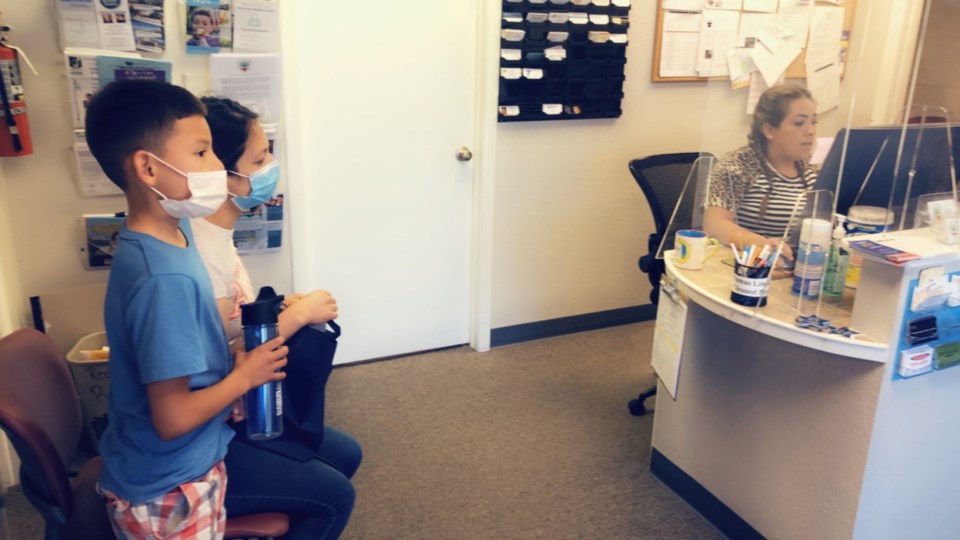Donna Lovato keeps a short wish list of the things she would like to get with a piece of the $63.3 million in federal American Rescue Plan Act funding Boulder County is looking to share next year.
“I think as a nonprofit we don’t pay our people enough, so I’d like to get more money to give our people raises,” said Lovato, executive director of the longtime advocacy group El Comite. “I have lots of single parents who work here, and I’d like to give my staff some insurance.”
El Comite also needs a new headquarters because it has outgrown its current digs at 455 Kimbark St., she said. The city of Longmont owns the current building and allows El Comite to stay there rent free.
Securing a new building location is currently too costly, Lovato said. “Rent on other buildings is $3,000 to $5,000 a month,” she said. “That’s crazy.”
Finally, any new funding would go toward keeping El Comite viable and helping new immigrants and others who come to the organization for help. COVID-19 impacts are especially tough in Longmont’s minority community, Lovato said.
“People still need help from us to pay rent, buy groceries or even to fill out forms,” she said. “We have been there for people for 30 years and we want to continue to be there for them.”
El Comite is likely to be targeted for help as Boulder County begins to identify and recommend projects, programs and policy solutions that can be bolstered through the ARPA funds, officials said.
Three working groups will be created to work from January through March 2022 to address three main challenges identified during the phase one of a recently completed community engagement process: Economic Challenges, Housing Affordability and Mental Health and Social Resilience, according to a Boulder County news release.
Working groups will be composed of community members, nonprofit leaders, policy experts and county leadership and staff with expertise in the focus areas. The process will include a forum of national experts and an ideas symposium, and draw from leaders and best practices to create opportunities to create a more equitable county, the news release states.
Community members with expertise in the focus areas who are interested in applying can do so by Dec. 14.
A working group focusing on economic challenges will recommend initiatives that address financial obstacles and the issues that were magnified during the pandemic, the news release states.
“The lack of affordable housing in Boulder County existed before the pandemic, straining household budgets to a point where there was no cushion,” Boulder County Commissioner Claire Levy said in the news release. “For some community members, loss of income during the pandemic and additional expenses required to stay safe exacerbated their housing instability.”
The Mental Health and Social Resilience working group will investigate options that bring communities together and address mental health and public health challenges as well as social isolation, including access to technology, the news release states.
Lovato said many in the Latino community refuse to seek help for depression and anxiety made worse by the pandemic. “I talk to so many people in the community who say ‘I just don’t want to get up in the morning … I just want to stay in bed all day,’” Lovato said.
“I tell them to go get help and when they do, they come back to tell me they are feeling better about themselves,” she said. “We just need to get more resources for them and get the word out that help is out there.”



